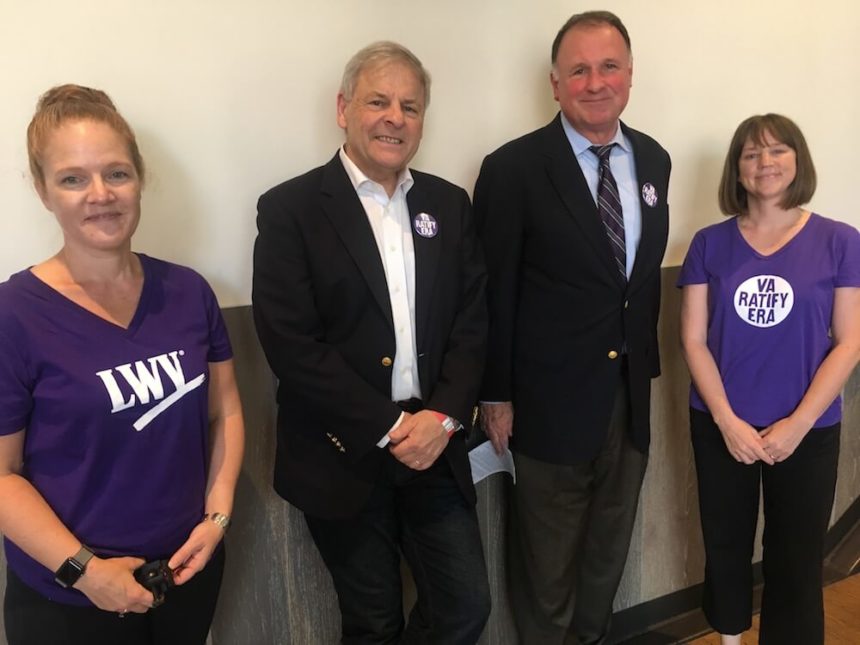Almost every year since I arrived in Charlottesville in 1981, my wife Nancy and I have attended the annual July 4th naturalization ceremony at Thomas Jefferson’s Monticello. Each year, people born in countries from across the planet take the oath of U.S. citizenship, not only pledging to protect and defend our Constitution, but also renouncing “all allegiance and fidelity to any foreign prince, potentate, state, or sovereignty…”
Over the years, we have heard numerous speeches discussing Thomas Jefferson and his role in the founding of the country, and celebrated countless people from foreign shores who decided to take the oath of citizenship and become American citizens. It is among the most inspiring events that an American can attend, largely because it links the power of Jefferson’s words with the promise of so many seeking a better life.
The naturalization ceremony at Monticello has been occurring since 1963, and for the last 30 consecutive years, former Virginia Supreme Court Chief Justice John Charles Thomas has delivered a stirring reading of the Declaration of Independence to the assembled crowd. There is a certain poignant irony to Thomas’s reading; after all, Jefferson’s words at the time did not apply to African Americans like Thomas, most of whom were enslaved. The Declaration also did not apply to women, people who did not own property, and Native Americans. Hearing Jefferson’s words, penned 243 years ago at the young age of 33, reminds us how idealistic a country we have been since our beginning. But locating them in historical context also underscores that while we have traveled a substantial distance, we still have a long way to go in order to become a “more perfect union.”
The character of the naturalization ceremony has changed dramatically over the years, as Monticello has become increasingly sensitized to the role of slavery in the creation of our nation, and to the relationship between Jefferson and his slave, Sally Hemings. Nonetheless, the ideals expressed in the Declaration transcend an American history that was cruel and oppressive at critical times, and they never cease to inspire people without power to seek redress of grievances to create a better system where ever-larger numbers of people can enjoy their “inalienable rights” of “life, liberty, and the pursuit of happiness.”
Pursuit of Happiness
Americans look to the Declaration as a way to measure our success as a nation, as a standard to which we can all aspire. And it is for this reason that the phrase “the pursuit of happiness” should have special meaning for both citizens and their elected representatives. [Read more…]

